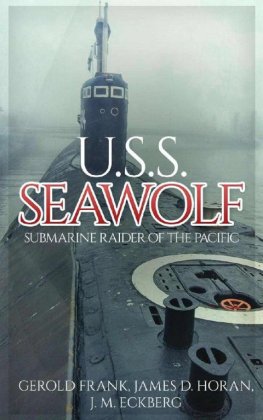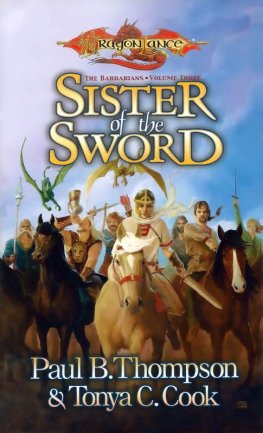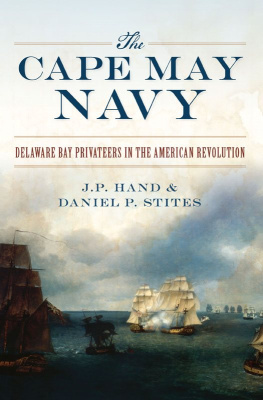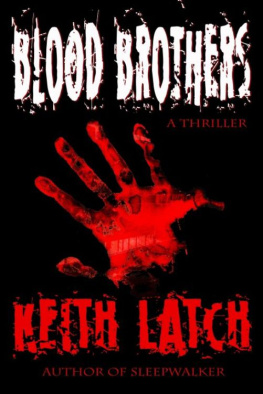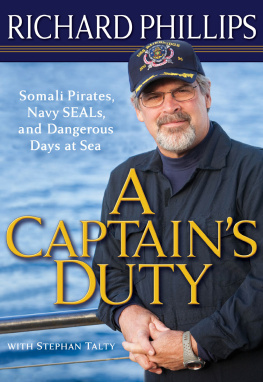To George Jepson who has always had an open ear and good advice.
To James Nelson, a great author who has been more than willing to help a shipmate.
To my grandson, Michael Earl who has made me realize what is truly important in life.
The early stages of the American Revolution were hamstrung by shortages of gunpowder. At the battle of Bunker Hil the colonists did not have enough to repel the third British charge. A survey by George Washington at the time showed army stockpiles were sufficient for 9 rounds per man.
The British had been careful to restrict the manufacturing of gunpowder in the colonies. British gunpowder was supplied by the Board of Ordnance.
The three main magazines were located at Palace Yard, Westminister, the Tower of London, and the largest at Greenwich. From these main magazines, naval supplies were distributed to Ordnance yards close to main dockyards. Overseas bases included Jamaica, Antigua, and Halifax, Nova Scotia.
George Washingtons armies totaled about 11,000 men. At the same time there were 11,000 privateers at sea intercepting British shipping in the Atlantic, Caribbean, and even between Ireland and England.
Washington s schooner fleet and privateer raids were directed toward establishing a supply of the precious war commodity as their main objective.
By 1777, the privateers and merchantmen brought in over 2 million pounds of gunpowder and saltpeter.
Privateer John Manley captured the Nancy, supplying the American army with 2,000 muskets, 31 tons of musket shot, 7,000 round-shot for cannon, and 12 other ammunition. Captain Jonathan Haraden from Salem, Massachusetts, who captured 1,000 British cannons, was considered one of the best sea fighters, successful y taking on three armed British ships at the same time. Privateers captured countless British reinforcements and over 10,000 seamen, keeping them out of the British Navy.
The capture of the British ship, Margaret a, is a true incident. Below is a short description of how the cutter, Margaret a, was taken.
Machias, just east of the Mid-coast region of Maine, was already well-populated by June 1775 when a British ship arrived in port accompanied by a cutter, the British warship Margaret a. The ships were to return with lumber for the British. The citizens of Machias who met at a town meeting, declared they would never contribute lumber to the British and erected a liberty pole in the town square to emphasize their declaration. The next day, the Patriots attempted to capture the Margaret as captain, but he stood fast until he was hit by two musket bal s. The Margaret a surrendered and the captain died.
The Margaret a was appropriated by the Patriots and was renamed the Machias Liberty.
There was a proposal to invade Nova Scotia but not by privateers. It was submitted to General George Washington for action provided there were not more than 200 British troops at Halifax. This can be found on the web at History of Nova Scotia-Communications and Transportation, Chapter 4, 1776, Jan-Dec.
The Watch
The officer of the deck
Peered through the blinding snow
They'd just turned the glass
Only thirty minutes left to go
The distant sound of muskets
A flash as something explodes
Turning to the mid he cussed
Just our luck don't you know
Michael Aye
BOOM!KABOOM!
"What the hell!"
"I'm not sure, sir, seems like two explosions-a small one, then a larger one."
BOOM!
"My God, sir, it appears the tender has exploded!"
"Aye, it does," Herrod, the first lieutenant, answered his fifth lieutenant. "Be careful that some of that debris doesn't set Warrior a blaze, Mr. Johns."
"Aye, sir, I'll call the fire party."
"Mr. Dewey."
"Aye," the young mid answered the first lieutenant.
"My compliments to the captain and he may desire to come on deckMr. Dewey?"
The young mid turned in his stride, "Yes, sir."
"The captain is in conversation with General Clinton and Lord Anthony so be mindful of your manners."
"Aye, sir. Mind them I will."
The harbour was alive with activity. Firelight from at least two blazing ships lit up the snowy night brilliantly when only minutes before a stiff offshore wind had been blowing flurries of snow across the dark anchorage.
"That's musket fire, is it not?" Turning, Herrod acknowledged his captain. "Aye, sir.
Small arm and explosives. What a way to start the first day of 1776, is it not, sir?"
"Aye, Mr. Herrod. Happy New Year," Captain Moffett replied dryly.
"LookLook there, sir," Lieutenant Johns pointed.
"Some kind of vessel low in the water next to the transport, Cambridge. It's Cambridge 's marines that are firing their muskets at the contraption."
BOOM!This explosion rocked Warrior and the small group of officers were thrown to the deck. The night sky was even brighter now with large pieces of fiery debris raining down on the ship. As Moffett and his officers regained their feet they could feel the intense heat.
"Mr. Herrod!"
"Aye, captain."
"Beat to quarters if you will, sir. Mr. Johns have the fire party form a line with buckets and douse the sails.
They're furled and covered with sleet but they could still catch fire with all the debris in the air." The bosun had to use his starter more than once to move the crew along. Several men appeared frightened and unnerved as they glared at the inferno that was once the proud Cambridge, her bowsprit hanging like a broken tooth. Now her tenders were also ablaze. Other ships had cut their cables to avoid being engulfed in the Cambridge 's flames and now several had drifted together, entangling spars and rigging, adding to the mass confusion.
"Quarters, sir. Eleven minutes flat even in this confusion."
"Very well," Moffett answered his first lieutenant.
"Now, Mr. Herrod, put a couple of boats in the water if you will. I want to be warned if that contraption comes toward Warrior. I'll not have Lord Anthony's flagship destroyed in harbour by some devilish boat only Satan would conjure up."
It was nearing dawn. His Majesty's Brigantine SeaWolf was fighting a light wind as she tried to make Barbados before nightfall. Dawkins had laid out his captain's clothes. Today, as everyday when not in port, his boyish captain dressed in sailor's slops. Added always to this were his sea boots and coat. Hot or cold he wore the coat. He might take it off after his first appearance on deck but he always put it on. He rarely wore his hat other than as required by duty.
The captain's hair was jet black with a bit of wave. Well not exactly jet black. The youthful captain had a strip of gray on the right side. A bullet had creased his scalp and when the hair grew back there was a gray furrow. Dawkins watched as his captain stared at his defect. Lady Anthony had said it made young Gabe more mysterious and romantic to the ladies. Dawkins had not known the captain to lack attention from the ladies, and he had known his young captain several years now. The captain, though only a Lieutenant by rank, was a midshipman when they met.
In fact had it not been for the then midshipman Anthony countermanding an order to fire a cannon in gun drill, Dawkins would have lost a leg when the cannon recoiled after being fired. That had created a stir, ending only when Lieutenant Witz had gone
mad and jumped overboard. Dawkins had also been present when his captain had made lieutenant.
In fact he was an oarsman when "Gabe" had been rowed back to Drakkar to inform his brother, Commodore Lord Anthony, he'd passed his exam.


